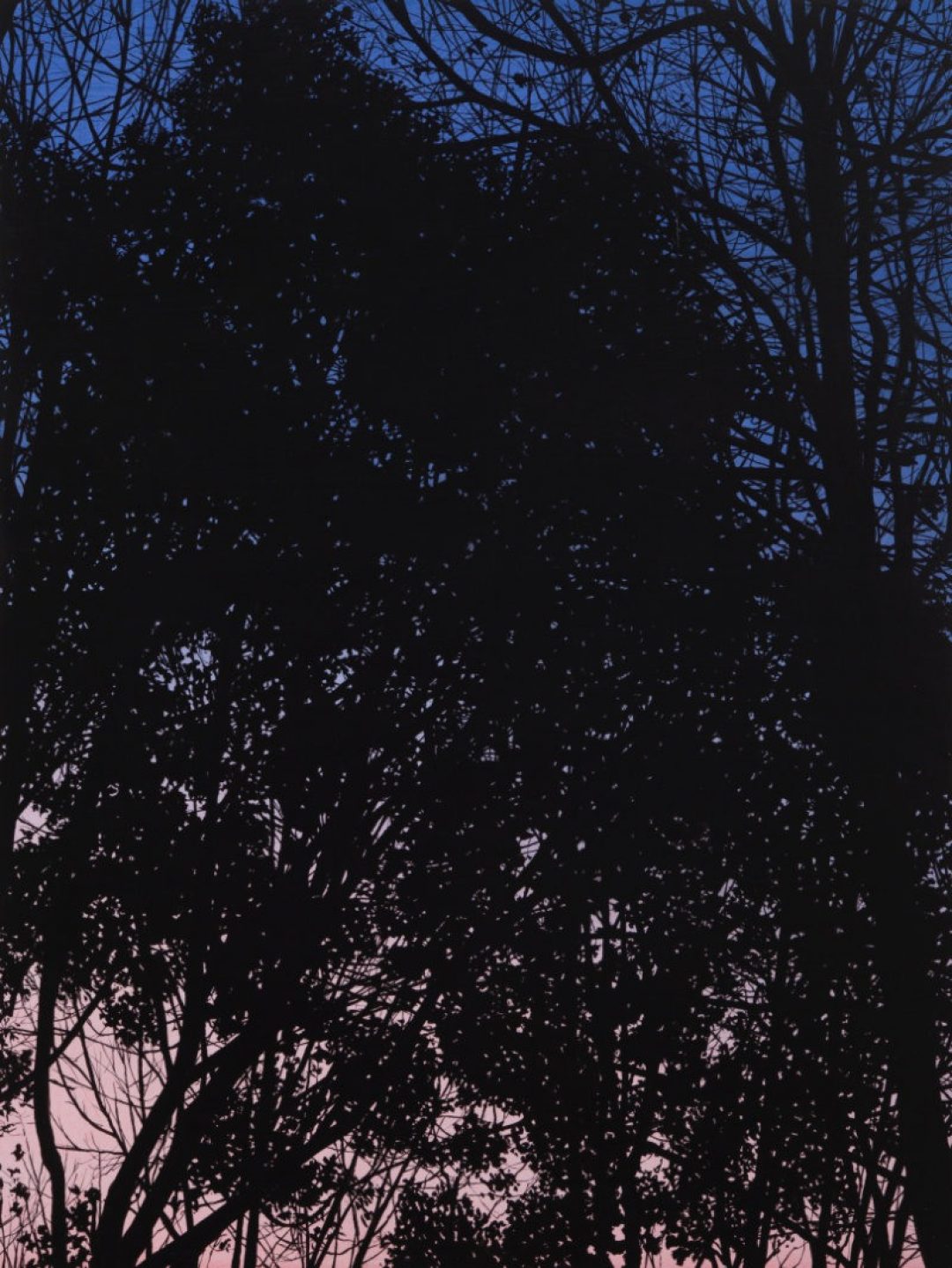Most Admirably Improved by Art, an exhibition of contemporary works, is set alongside original works by Coplestone Warre Bampfylde (1720-1791), Hestercombe’s former owner.
The show brings together four female contemporary artists – Charlotte Hodes, Rebecca Partridge, Kelly Richardson and Fiona Hingston – all of whom, like Bampfylde, began their careers drawing and painting. Now, through a range of media they respond to the landscapes and the environment of today. Inspired through the history of art, and bringing together a mixture of collage and ceramic installation, sculpture, film and painting this show builds links between Bampfylde’s Georgian endeavours and the concerns of artists today.
In the eighteenth century Bampfylde and his contemporaries, such as Thomas Gainsborough, William Hogarth, George Stubbs and Joshua Reynolds were pushing the boundaries of drawing and painting, responding to the past, looking abroad, yet innovating and creating the first national tradition of art in Britain. Today’s artists are similarly inspired by the history of art yet innovatively respond to the global issues facing us all today.
Timed to coincide with the three hundredth anniversary of Bampfylde’s birth, Hestercombe Gallery’s exhibition, ‘Most Admirably Improved by Art’, a phrase said of Bampfylde’s Hestercombe by John Collinson in his 1791 ‘History of the County of Somerset’, is the first in a trilogy of exhibitions celebrating Bampfylde’s life and work.
Alongside this gallery exhibition we also presented Coplestone Warre Bampfylde: A Gentleman of Taste, an archival show of Bampfylde original works loaned from public, private and the Hestercombe Collection.
About the Artists
Kelly Richardson
Canadian artist Kelly Richardson is one of the leading representatives of a new generation of artists who is known for her stunning large-scale video installations of hyper-real landscapes. Combining the real and the imagined to visually arresting effect, she starts by filming real landscapes and then uses digital technology to distort and change them. Though her work lends itself to multiple interpretations, every work displays a delicate balance between the beautiful and the uneasy.
Charlotte Hodes
Charlotte Hodes’ work profiles her long-standing engagement with the boundaries between the fine and decorative arts. Hodes draws on craft processes, but uses these to create imagery firmly situated within the language of fine art, bringing her considerable experience as a painter to both her extraordinarily intricate papercuts and her large-scale installations in which ceramic ware serves as her alternative canvas. Unafraid to disrupt and deconstruct, Hodes deploys collage to challenge accepted hierarchical distinctions in art history.
Rebecca Partridge
Rebecca Partridge’s paintings explore the boundaries between the subjective world and the external environment, resonances between body and landscape. Often reflecting her interest in synaesthesia, Rebecca’s work explores basic perceptual experiences. Whereas the photograph captures one moment in time, the quiet attitude of Partridge’s practice emphasises the temporal process of painting, encouraging slow reflection.
Fiona Hingston
Somerset based artist Fiona Hingston is steeped in her local landscape. For the past two decades she has recorded her locale through drawing, photography, found objects and book works. She sees her practice as a slow archaeological enquiry into place and the passage of time. Over this period her observations have become disrupted by the growing awareness of quiet erosion: silent barns, decaying farm building, monoculture crops and vanishing flora and fauna. She sees this local loss as directly connecting to global environmental issues.
